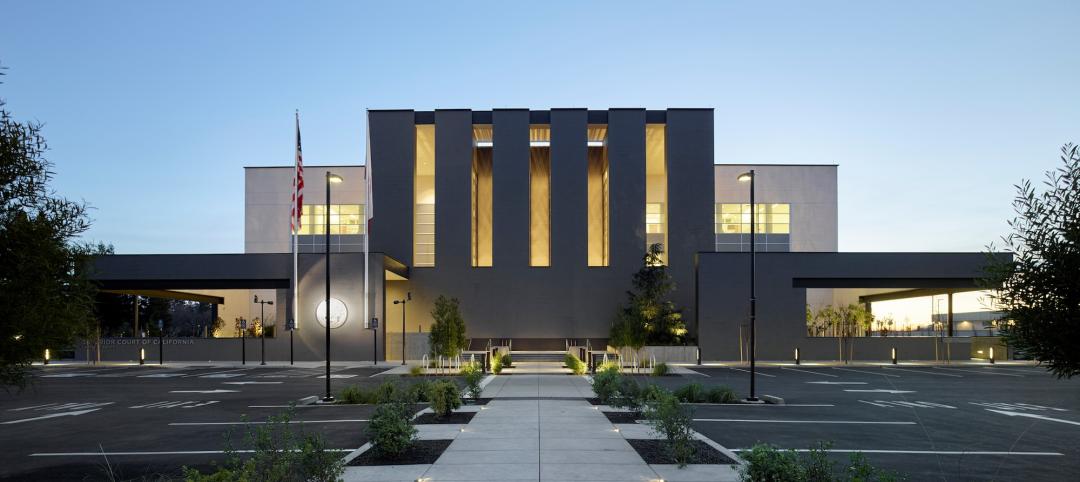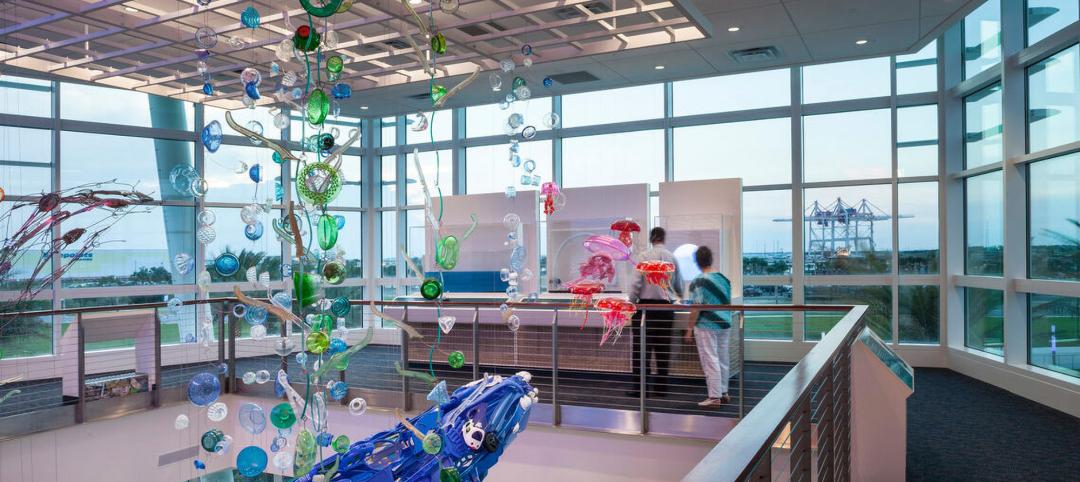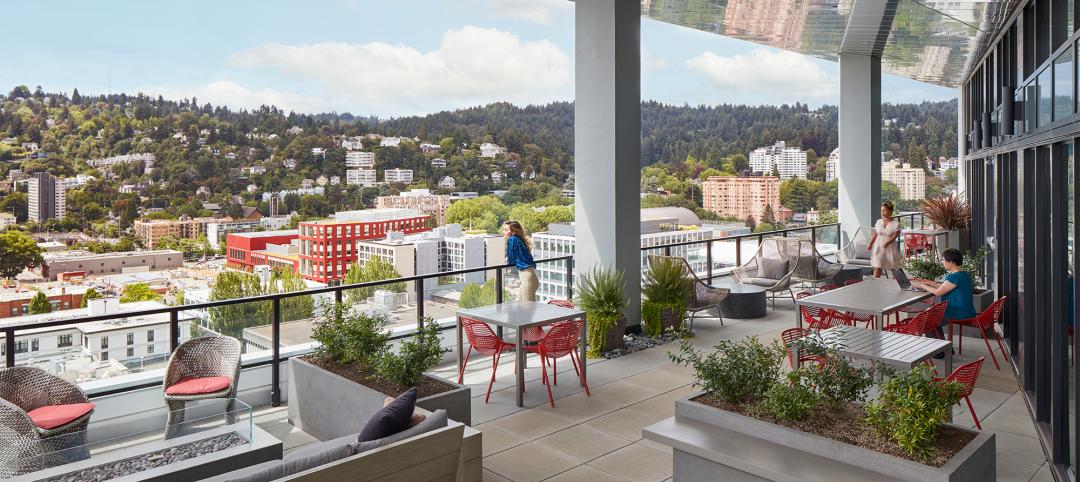Although the construction recovery continues to lag other sectors as well as the overall U.S. economy, the industry is finally seeing a rebound. Commercial real estate giant Jones Lang LaSalle recently released its Summer 2013 Construction Highlights report, which found that there are some sectors (such as energy and high-tech) driving demand for construction, while a few major cities are starting to record increased levels of speculative office building developments. However, with construction demand on the rise in some areas, JLL documents labor shortages and material costs increasing as well.
Local Markets
The recovery theme in the U.S. construction industry can be easily identified as lagging other sectors and the overall U.S. economy. Among many challenges specific to the construction industry, the fact that the overall US.. labor market recovery has been so prolonged is not helping a rebound in construction, which depends on a growing workforce to expand demand across property types. The previous “bright spot” in the construction world – public construction – has taken a backseat in the recovery as the Federal government trims budgets and pulls back on pending.
While job numbers year-over-year are improved, construction employment was hard hit in the month of April, showing a net loss of 6,000 jobs, very much a function of pullback in non-residential sectors including public construction. With the long-awaited rebound in the housing market now permeating the single-family realm, however, job gains and increases in construction-put-in place for residential construction have materialized, and should fuel stronger growth. President Obama’s persistent efforts to increase infrastructure construction funding and MAP-21 investment, already accounted for in budgets, could also ultimately help shore up weaker areas of the construction industry during the next 12 months.
Market Highlights
· Seattle: Technology drives construction, with just over 1 MSF delivered in 2012, much of it pre-leased to Amazon. The spec development pipeline is picking up.
· Portland: Owner-user office development comprises the major projects under construction. Several speculative projects are proposed, but adaptive reuse is the preferred strategy.
· San Francisco: Office and multi-family construction is booming as developers work to meet demand from the growing economy, driven by the technology industry.
· Los Angeles: The first skyscraper to be added to the CBD in over 20 years is underway. Upon completion, the Wilshire Grand will feature retail, office and hospitality components.
· Orange County: Vacancy remains high and rents are still too low to justify any spec development at this time. However, four sizable build-to-suit projects are currently underway.
· Boston: Four build-to-suit projects are underway totaling 2.5 MSF in Boston. Cambridge has 2.5 MSF of new construction (38% lab space, 62% office).
· New York: Construction to begin on more than 5.0 MSF of office space during the next five years, with potentially 25 MSF delivered over next two decades.
· Philadelphia: Liberty Property Trust will break ground on a build-to-suit project for Vanguard. The six-story, 205,000 SF facility will be built to meet LEED standards.
· Washington DC: Nearly 6.2 MSF of office construction is underway. Over one-third of the under construction inventory has garnered preleases.
· Atlanta: Demand for interior build outs up in the last six to nine months; upward pressure on construction costs. Pricing has bottomed and expected to rise due to housing market improvements.
· Minneapolis: Construction activity is on the rise, but so are costs. Construction prices increased 3.2% since last year. Recent negotiations with labor unions will result in average annual increases in labor costs of 2-2.5% through 2016.
· Chicago: No office construction is underway, but River Point is in development stages and broke ground in Q4 2012. Multifamily in the Loop and River North is expanding aggressively, with about 1,000 units under construction.
· Dallas: Availability of the trades is becoming an issue as new construction activity accelerates. This will likely lead to higher labor costs and the need for higher contingencies in project proformas.
· Houston: Houston’s booming energy market continues to drive new office construction. Houston’s CBD market is expecting 4 MSF of new office deliveries in the next 36 to 48 months.
Related Stories
Architects | Jan 10, 2024
Award-winning civic design firm RossDrulisCusenbery joins DLR Group
DLR Group today announced the acquisition of Sonoma, California based civic and public safety design firm RossDrulisCusenbery (RDC). The addition of RDC adds focused design excellence of new building types to DLR Group’s global Justice+Civic studio.
Museums | Jan 8, 2024
Achieving an ideal visitor experience with the ADROIT approach
Alan Reed, FAIA, LEED AP, shares his strategy for crafting logical, significant visitor experiences: The ADROIT approach.
Designers | Jan 8, 2024
DLR Group adds executive leaders
DLR Group Chief Executive Officer Steven McKay, AIA, RIBA, announced new executive leaders for the 100% employee-owned, globally integrated design firm.
AEC Tech | Jan 8, 2024
What's driving the surge of digital transformation in AEC today?
For centuries, the AEC industry has clung to traditional methods and legacy processes—seated patterns that have bred resistance to change. This has made the adoption of new technologies a slow and hesitant process.
K-12 Schools | Jan 8, 2024
Video: Learn how DLR Group converted two big-box stores into an early education center
Learn how the North Kansas City (Mo.) School District and DLR Group adapted two big-box stores into a 115,000-sf early education center offering services for children with special needs.
Green | Jan 8, 2024
DOE releases RFI on developing national definition for a Zero Emissions Building
The Department of Energy released a Request for Information (RFI) for feedback from industry, academia, research laboratories, government agencies, and other stakeholders on a draft national definition for a Zero Emissions Building.
Codes and Standards | Jan 8, 2024
Australia to be first country to ban engineered stone countertops
In 2024, Australia will be the first country to ban engineered stone countertops. The ban came after a years-long campaign supported by doctors, trade unions, and workers over concerns that the material was causing increased silicosis cases among workers cutting and handling it.
Roofing | Jan 8, 2024
Researchers devise adaptive roof tile concept that adjusts to ambient temperatures
Scientists at the University of California Santa Barbara published a paper that proposes adaptive roof tile technology that can adjust to ambient temperatures. Using a wax motor, tiles could switch from a heating or cooling state enabling savings on heating and cooling costs.
MFPRO+ News | Jan 4, 2024
Bjarke Ingels's curved residential high-rise will anchor a massive urban regeneration project in Greece
In Athens, Greece, Lamda Development has launched Little Athens, the newest residential neighborhood at the Ellinikon, a multiuse development billed as a smart city. Bjarke Ingels Group's 50-meter Park Rise building will serve as Little Athens’ centerpiece.
MFPRO+ Special Reports | Jan 4, 2024
Top 10 trends in multifamily rental housing
Demographic and economic shifts, along with work and lifestyle changes, have made apartment living preferable for a wider range of buyers and renters. These top 10 trends in multifamily housing come from BD+C's 2023 Multifamily Annual Report.

















